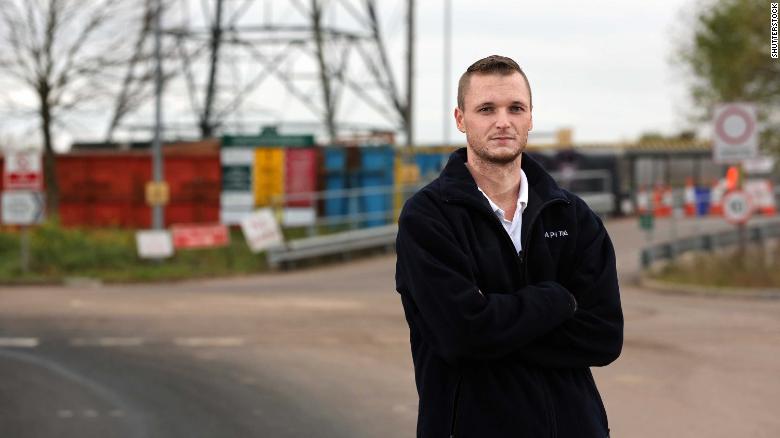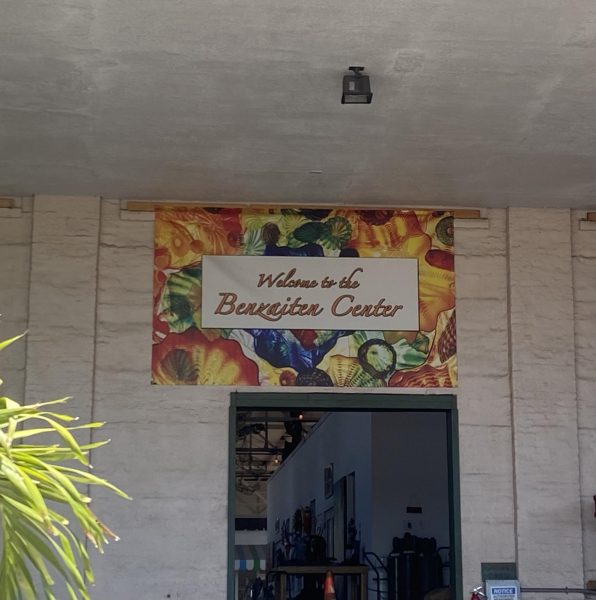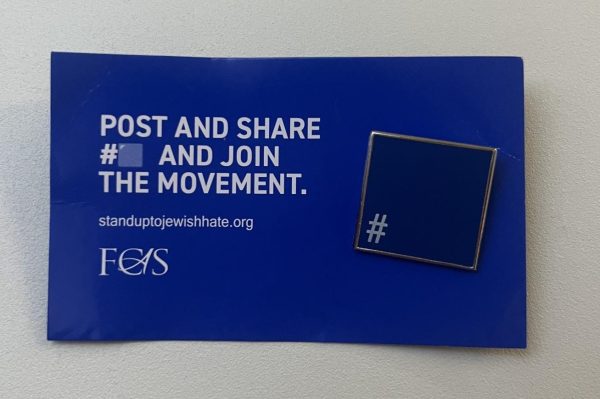Tragic Loss For The Man Who Accidentally Threw Out A Bitcoin
James Howells, the IT worker is at the landfill site where his bitcoin is lost.
December 13, 2021
James Howells, a British man who is an IT worker, accidentally threw away a hard drive with bitcoin into the trash.
He offered the local authority more than $70 million if they allowed him to excavate the landfill site.
Howells held a digital store of 7,500 bitcoins between June and August 2013. He originally minded virtual currency four years before it was of small value. When the value skyrocketed in value, he went in search of it. He discovered that he threw it out.
Howells has approached Newport City Council in Wales, the United Kingdom to ask permission to dig a specific section of the landfill site he believed the hard drive ended. In exchange, he offered to pay the council a quarter of the current values of the hoard.
In 2009, digital currency was created by an anonymous computer programmer known as Satoshi Nakamoto. “Bitcoins are essentially computer files that are stored in a “digital wallet” on your device. They can then be used as payment, with every transaction being recorded in a public list known as blockchain.”
Bitcoin hit an all-time high on October 20, 2021. Bitcoin worth was around $9 million at the time that he lost his bitcoin. He estimates that it would be worth around $273 million.
Howells says, “I offered to donate 25% or £52.5 million ($71.7 million) to the city of Newport in order to distribute to all local residents who live in Newport should I find and recover the bitcoins. This would work out to approximately £175 ($239) per person for the entire city (316k population). Unfortunately, they refused the offer and won’t even have a face-to-face discussion with me on the matter.”
He discovered his mistake and went to the garbage dump to see if the hard drive had ended up where he had predicted. “As soon as I saw the site, I thought you’ve got no chance. The area covered is huge,” said Howells but he truly believes he knows how to retrieve it.
“The plan would be to dig a specific area of the landfill based on a grid reference system and recover the hard drive whilst adhering to all safety and environmental standards. The drive would then be presented to data recovery specialists who can rebuild the drive from scratch with new parts and attempt to recover the tiny piece of data that I need in order to access the bitcoins.”
“The value of the hard drive is over £200m (around $273 million) and I’m happy to share a portion of that with the people of Newport should I be given the opportunity to search for it. Approximately 50% would be for investors who put up the capital to fund the project, and I would be left with the remaining 25%.”
The local government for Newport City has been contacted several times since 2013 about the possibility of retrieving the IT hardware that is said to contain bitcoins. The council has not refused the offer but rather was not permitted to excavate the site, says the spokeswoman.
She said, “The council has told Mr. Howells on a number of occasions that excavation is not possible under our licensing permit and the excavation itself would have a huge environmental impact on the surrounding area. The cost of digging up the landfill, storing and treating the waste could run into millions of pounds — without any guarantee of either finding it or it still being in working order.”












